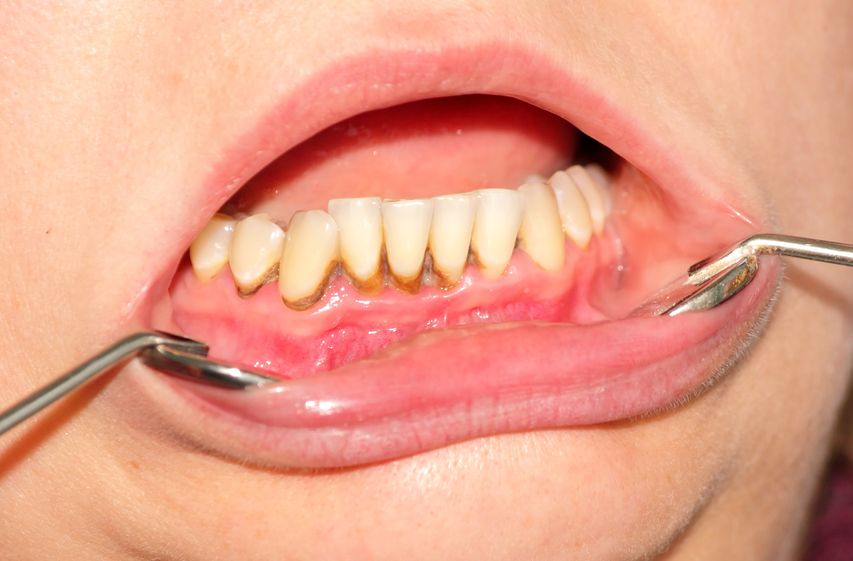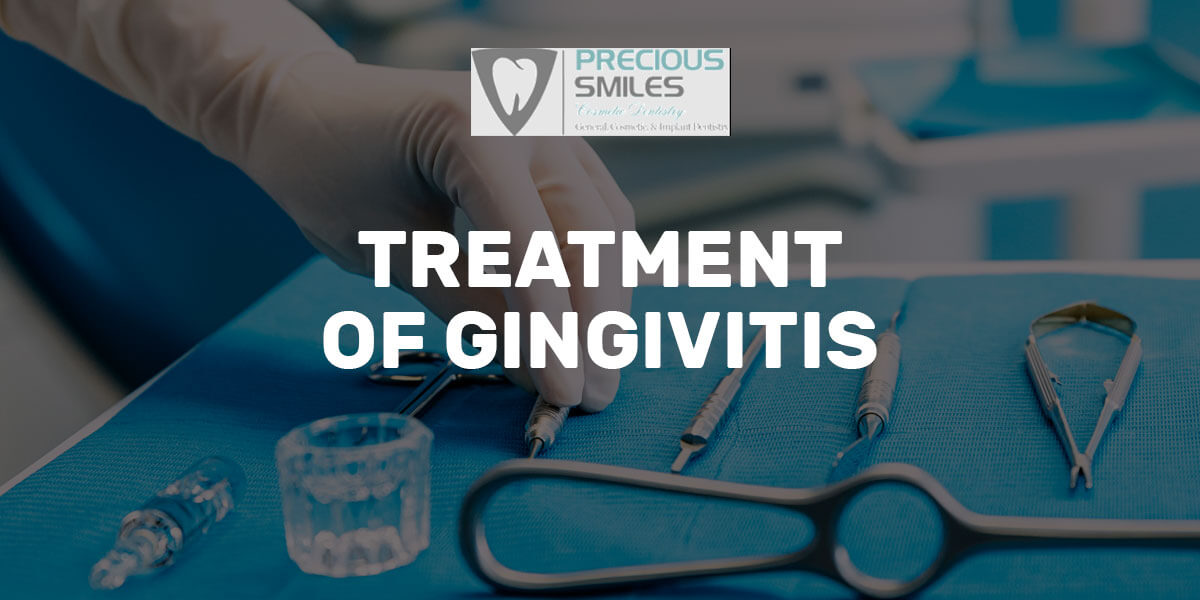One of the very common questions we encounter every day in the office is – what is gingivitis? Gingivitis is an inflammation of the gingiva, ie the gums or ‘gums’. It is the most common gum disease and, if left untreated, can affect the periodontal ligament, cementum, and alveolar bone (the jawbone around the tooth) causing periodontitis that can further lead to bone and tooth loss. As this topic is still unknown to many and, from experience, we know that there are many questions. We decided to gather the most common ones and give all the answers in one place.
What are the causes of gingivitis?
The cause of swollen gums can be very simple, like the remnants of food particles in the teeth. This can easily cause irritation to the gums and swelling in the area. In general, these symptoms do not last long and will disappear thanks to regular maintenance of oral hygiene. The first stage of gingivitis is called gingivitis and can be completely cured. The symptom of the disease is inflammation of the gums, which becomes red, swollen and painful (Figure 1), and when brushing, bleeding occurs.

Gingivitis is a curable disease in which there is no loss of soft and bone tissues. At this stage, the treatment is simple. And includes a combination of independent proper hygiene that you apply in the comfort of your home and professional cleaning of plaque and scale in one of the Polyclinics.
How to get rid of gingivitis?
Treatment of gingivitis, like any other treatment, must begin with a visit to the dentist. The main goal of this treatment is to reduce the number of bacteria that cause inflammation and soothe the gums. How to prevent gum swelling and relieve symptoms: brushing your teeth, at least twice a day or after each meal, regular use of dental floss, use gentle oral products such as toothpaste and mouthwash.
Avoid sugary drinks, they promote the accumulation of bacteria in the mouth, avoid tobacco, including smoking or chewing.
Also, Alcohol and alcohol mouthwashes, as alcohol can dry out and irritate the gums. Avoid spicy foods like chips, seeds and popcorn that can get stuck in the gums and cause pain.
Visit our website.




